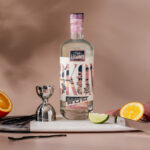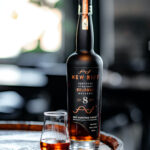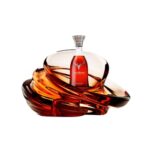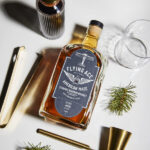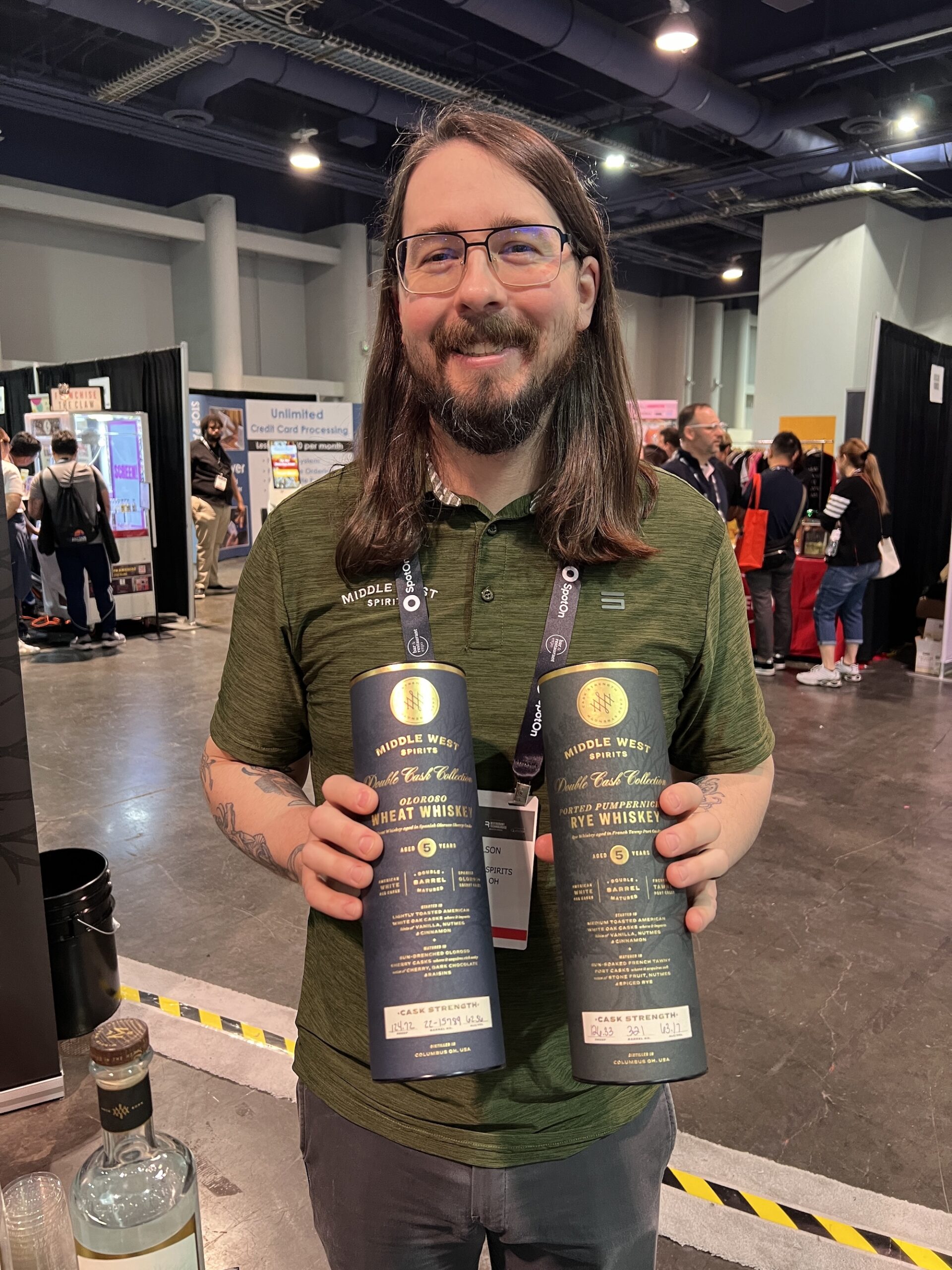Wine and it’s medicinal uses.
Is that the perfect lead in, or what?
Paul Wagner, the instructor for my Cultural Appreciation of Wine class at Napa Valley College lectured us on this topic.
Forget aromas. Forget food pairings with wine. Forget all the other excuses you use to justify your consumption of wine.
Newsflash….!
Wine is good for you. The Doctor says so.
The 13th and 14th centuries were a time of great expansion of the body of medical knowledge. Great universities of medicine were founded in the cities of Bologna and Montpellier. One of the men who contributed greatly to the medical knowledge of the time was Theodric, Bishop of Cervia, who advocated the use of wine to clean wounds. Remember that wine has antiseptic properties. He was instrumental in getting wider acceptance of dissection as a learning tool. I bet he didn’t date much.
Wines were often used as a base for medical potions. Various herbs and other healing compounds were added to wine to cure many ailments. Hot wine made from Ashkelon wine of the Holy Land, mixed with parsley, fennel, cumin, and pepper, was said to cure a stomachache.
Dan Andrew Boorde (1490-1549), a colorful Carthusian Monk and learned man in the art of medicine, who wrote a guidebook on traveling in Europe stated about wine and it’s curative properties:
“And than, moderataly dronken, it doth acuate and doth quycken a man’s wyttes, it doth comfort the hert, it doth scowre the lyuer ; specyally, yf it be whyte wyn, it doth reioyce all the powers of man, and doth now 3 rysshe them ; it doth ingender good blode, it doth comforte and doth nourysshe the brayne and all the body, and it resolueth fleume ; it ingendreth heate, and it is good agaynst heuynes and pencyfulnes; it is ful of agylyte; wherfore it is medsonable, specyally whyte wyne, for it doth mundyfye and clense wouwdes & sores. Furthermore, the better the wyne is, the better humours it doth ingender.”
This guy could use spellcheck, more so than I.
I studied up on Mr. Boorde, and while this has nothing to do with wyn, I found these facts of his life to be amusing.
In 1517, Boorde was accused of being “Conversant with women”. Been there. Done that.
In 1534, he was imprisoned and was released after a short sentence.
In 1542, he got drunk and wrote “Dyetary, Breurary and Introduction” and later, in a treatyse, denounces beards.
In 1547, he was accused of keeping 3 whores at his residence.
He was later imprisoned again, which is where I lost track of him and his history.
Colorful, indeed.
For centuries, man has known of the medicinal benefits of wine. of late, there have been studies making several claims of the benefits of wine:
- A study from researchers at the University Hospital of Zurich, Switzerland. identifies a mechanism for how alcohol favorably effects arterial muscle cells. According to Wilhelm Vetter, M.D., and colleagues, alcohol, when consumed around mealtime, reduces the proliferation of smooth muscle cells (SMC) within the arteries. SMC growth is a key element in the development of atherosclerosis, which commonly leads to heart attacks and strokes.
- A study from Harvard University researcher Gary Curhan and colleagues, using more than 81,000 women participants drawn from the Nurses’ Health Study, found that an increase in fluid intake significantly reduces risk for kidney stones and that risk reduction was greatest for wine compared with other beverages.
- The moderate consumption of wine (but not beer or spirits) is associated with a reduced risk of stroke, according to a new report. The authors believe wine’s protective effects may be linked to disease-fighting compounds other than alcohol. “Intake of wine is associated with lower risk of stroke,” concludes a 16-year Danish study led by Dr. Thomas Truelsen of Copenhagen University Hospital (Journal of the American Heart Association, December, 1998).
- Data from the Bruneck Study (Italy) was reported by Australian and Italian researchers in the May 1998 issue of Stroke. They conclude that light to moderate alcohol consumers faced a lower risk of atherosclerosis (early atherogenesis) than either abstainers or heavy drinkers.
- Male wine drinkers may have a lower risk of lung cancer than those who drink beer or spirits. Dr. Eva Prescott and colleagues at Copenhagen University Hospital examined data from three Danish studies involving more than 28,000 adults.
- And finally, my personal favorite, consuming less than one alcoholic drink per day may help preserve the mental function of women. Between 1995 and 1999, 9,072 women in the Nurses’ Health Study, were interviewed. Mental function was assessed using seven different tests. Information about their alcohol use had been collected at the beginning of the study in 1980, and was updated through 1994. After adjusting for other factors that could affect mental function, the researchers found that the women who drank moderately had better average scores on five of the seven tests and on a score that combined all seven tests. The effect seen on cognitive function was the equivalent of being 1 or 2 years younger.
These are just a handful of the many studies found to associate moderate wine consumption with improved health.
Now, it should also be noted that not everyone will benefit from wine consumption. Dr. Michael Apstein is a physician with a specialty in gastroenterology and liver disease and has been quoted as saying, “The average experience is NOT you”. This means that YOU may not benefit from wine consumption.
There are many dangers of wine consumption as well.
Alcoholism
Liver Damage
Impaired Judgement
OK, so I have been accused of the latter, but that is another story.
About 41% of all car accident fatalities involve alcohol, so as in all things, moderation is the key.
I’ll raise my wine glass to that.
Anthony Blackburn is a student at Napa Valley College in the Viticulture and Winery Technology Department. He is also the Student Sales and Marketing Intern responsible for selling the wines made by the students in the student winery. www.napavalley.edu/winery

